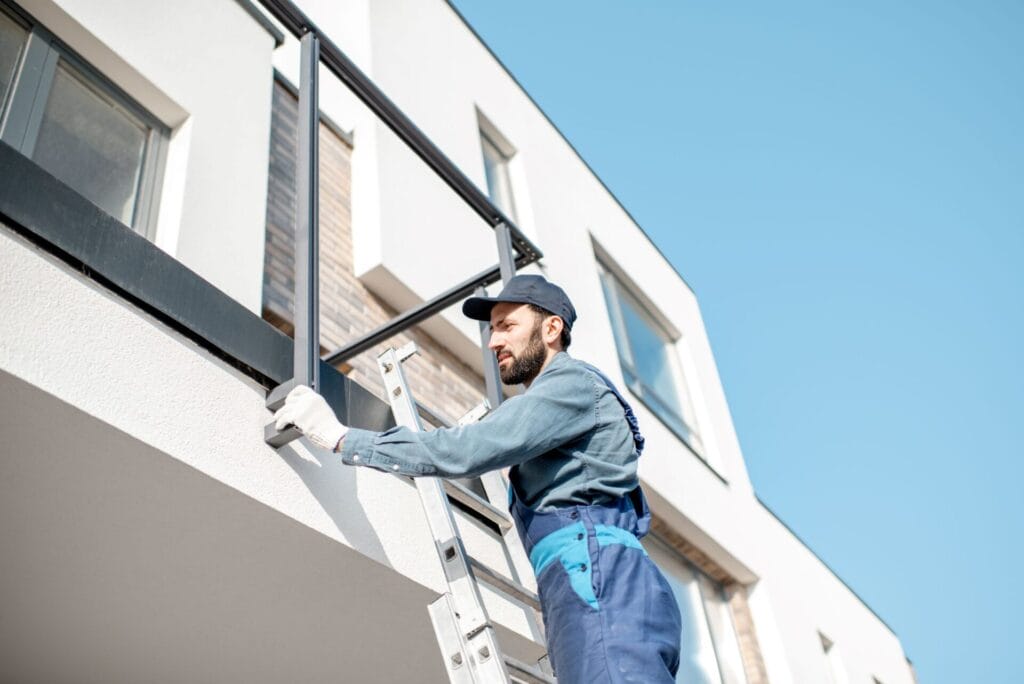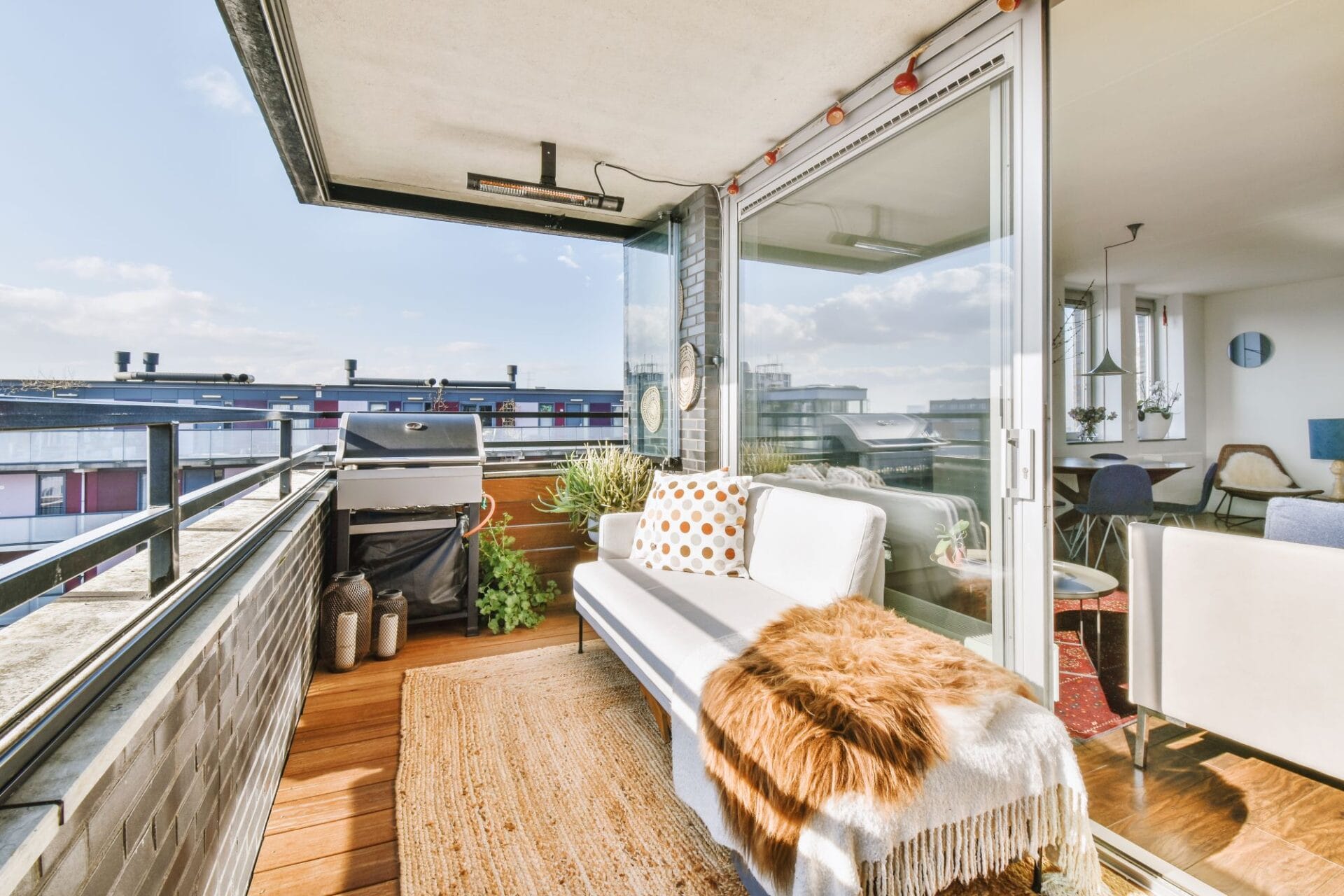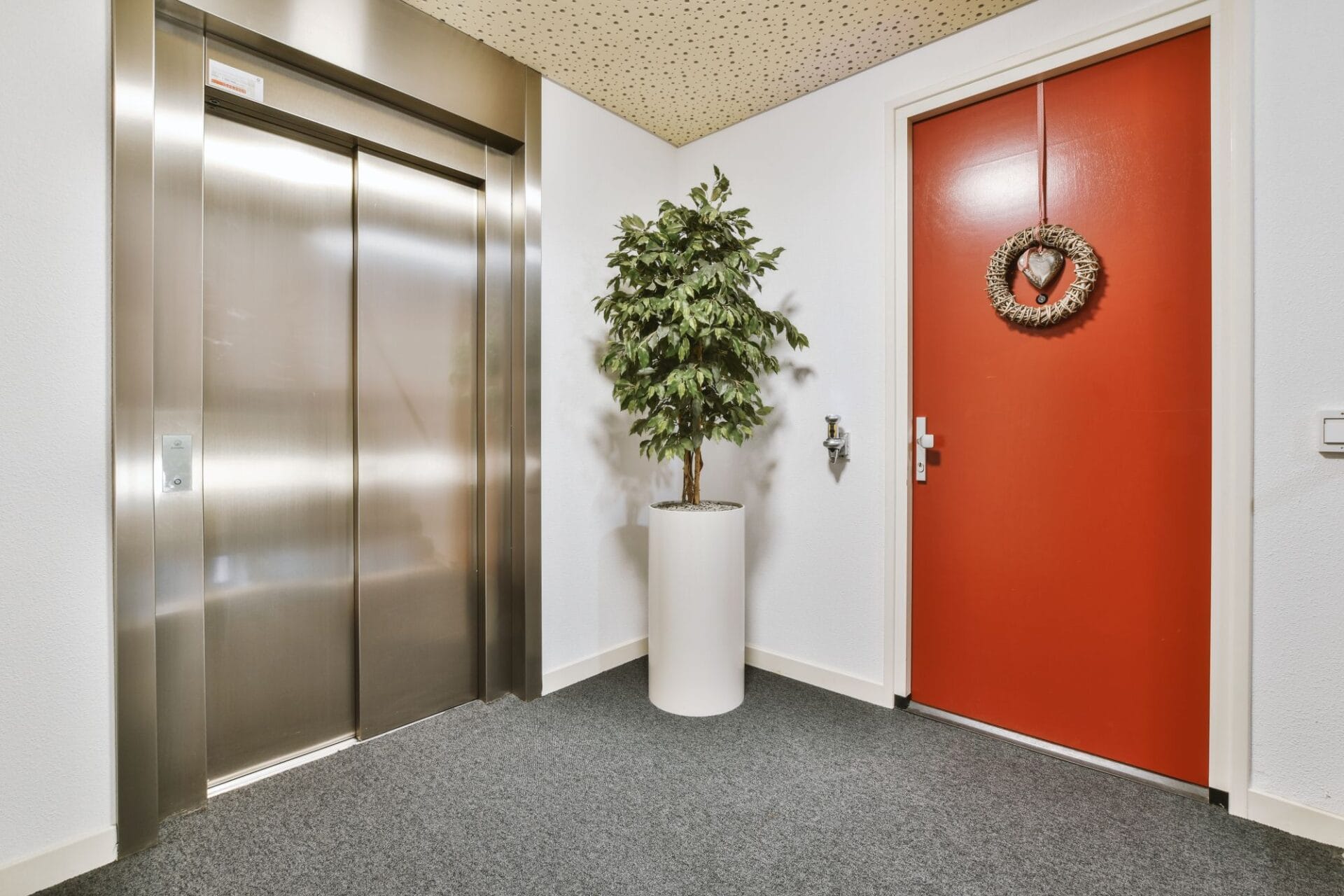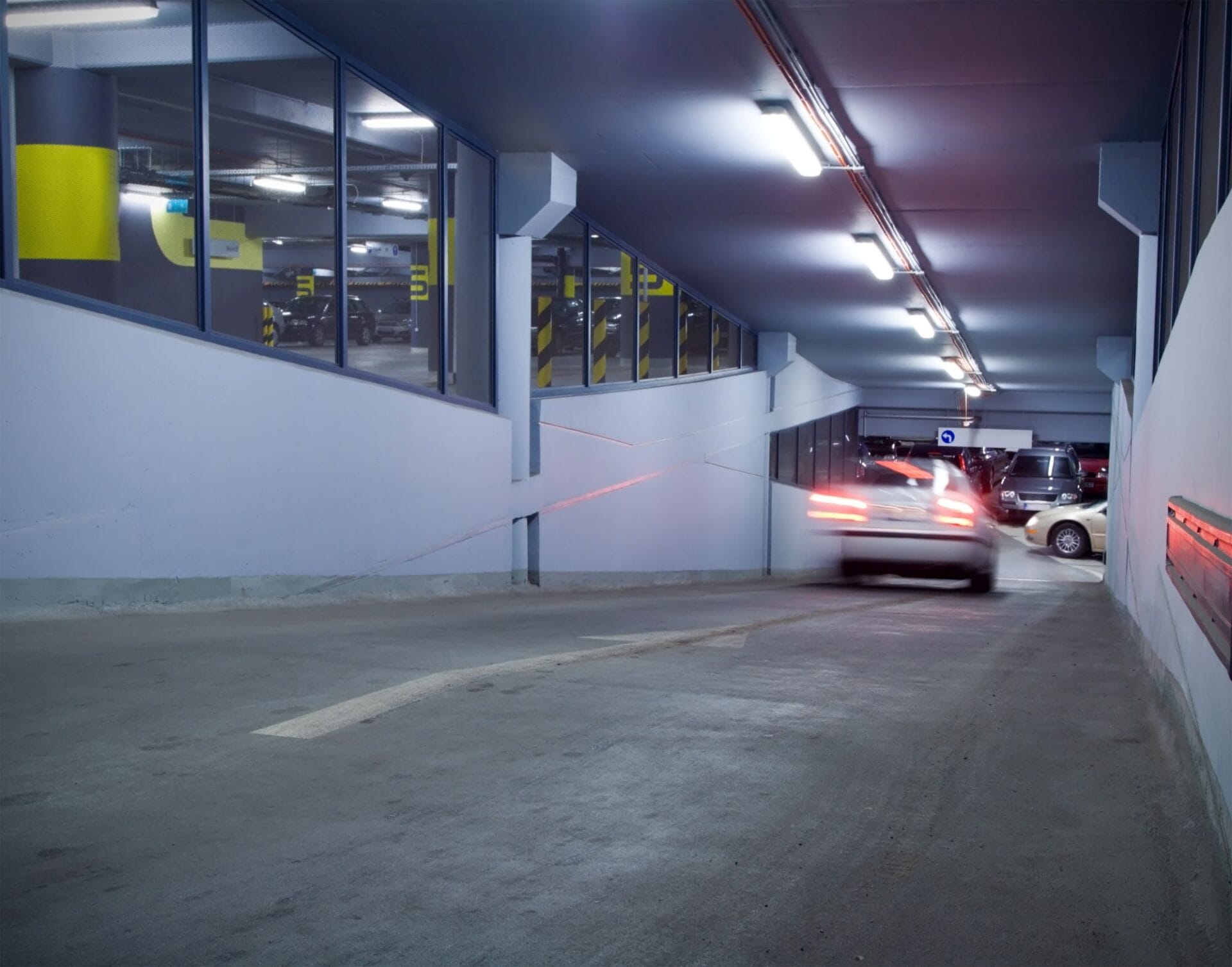Condo balconies are small but valuable pieces of real estate. Owners and tenants have been known to transform these little spaces into alfresco dining areas, tropical oases, or storage areas if the condo unit doesn’t have adequate closet space.
Download our free balcony inspection notice template
But balconies can also cause additional issues for condo buildings and the owners that use them.
Table of contents
- Who is responsible for maintaining condo balconies?
- Rules and restrictions
- Deadline for California condo balcony inspections
- The importance of inspections
- Can condos task owners with balcony repairs?
Who is responsible for maintaining condo balconies?
Before we get into issues regarding balcony maintenance or alterations, it’s critical to first determine who “owns” the balcony. Balconies can be considered common area elements, meaning they belong to all owners. It is the corporation’s or association’s responsibility to maintain and repair common area elements using the money from owner fees or dues.
Balconies can also be classified as exclusive-use elements. While owners don’t own an exclusive-use element, they are given exclusive access to it. A parking space is another good example of an exclusive-use element. In many cases, owners will be expected to perform day-to-day care, but the association/corporation would pay for larger routine repairs or replacements.
The condo’s governing documents should spell out who has to do what when it comes to balcony maintenance. But exclusive-use elements are not always clearly addressed. As Davis-Stirling.com pointed out, association documents routinely assign maintenance duties between owners and the association, but exclusive-use common areas are often left out or muddled.
To resolve the problem, the Davis-Stirling Act created a default provision that assigned exclusive-use maintenance to owners. The Act did not define “maintenance” but it was understood that the Act included repairs since most dictionaries define it as such.
However, the new default provision says that unless an association’s CC&Rs state otherwise, owners are responsible for maintaining exclusive-use areas, but the association is responsible for repairing and replacing them.
Furthermore, the structural elements of balconies are the responsibility of the association to repair and replace, even when the balcony is described as part of a unit.
Rules and restrictions
If owners are responsible for maintaining their decks, guidelines need to be written into the condominium’s rules to cover maintenance requirements like:
- how often inspections are required
- what to look for when inspecting balconies for damage
- how to avoid damaging the waterproofing membrane
- how often do balconies need to be resealed
- prohibited deck systems (carpet and/or tile)
- deck drain maintenance
Rules are also required to guide balcony usage. For example, can permanent changes be made to balconies? And if so, what does an owner need to do to get approval from the board? Can owners and tenants have BBQs on balconies? Is smoking permitted?
Specific rules will help promote the longevity of balconies and promote safety and harmony within the community too.
Deadline approaching in California for mandatory balcony inspections
Speaking of safety, the state of California has mandated that condo and HOA associations conduct regular deck and balcony inspections after a tragedy occurred in 2015.
Six UC Berkeley students passed away after a balcony collapsed at a downtown apartment complex. Seven others were injured. Dry rot from improper construction was found to be the reason for the collapse.
As a result of this fatal accident, two laws were passed to help ensure nothing like this happens again.
Senate Bill 721
SB 721, often referred to as the Balcony Inspection Bill, took effect in 2019. This bill requires owners of buildings with three or more multi-family dwelling units and balconies, decks, or other load-bearing structures to have a qualified inspector perform a visual inspection of these structures by January 1, 2025, and every six years thereafter.

- Smaller buildings may require an inspector to examine every elevated structure
- Larger communities may have an inspector look at 15% of the elevated structures as a sufficient sample
- Inspections must be performed by a licensed architect, licensed civil or structural engineer, a building contractor holding specified licenses, or an individual certified as a building inspector or building official
- A copy of the inspection report must be presented to the owner of the building within 45 days of the completion of the inspection
- However, if the inspection reveals conditions that pose an immediate threat to occupants, the inspection report must be delivered to the association or owner of the building within 15 days
- Emergency repairs would need to be completed within the timeframe specified by the inspector
- Notice must also be given to the local enforcement agency
- Copies of the reports must be maintained by the association for 2 inspection cycles (12 years)
- Associations must obtain a permit 120 days after receiving a non-emergency report, and complete repairs 120 days after the permit is obtained, unless an extension is granted by local authorities
- Civil penalties may be issued if associations do not comply with repair requirements
- Local enforcement agencies may recover enforcement costs if repairs are not made voluntarily by an association
Senate Bill 326
SB 326 requires owners of buildings with three or more multi-family dwelling units and exterior elevated elements, such as balconies, decks, and walkways, to have a qualified inspector perform a structural integrity inspection of these elements by January 1, 2025, and every nine years thereafter. This bill was passed in 2019.
- Condos must maintain a budget for mandated repairs, and must complete them
- Prior to conducting the first visual inspection, the inspector shall generate a random list of the locations of each type of exterior elevated element. The list shall include all exterior elevated elements for which the association has maintenance or repair responsibility. The list shall be provided to the association for future use
- The inspector must submit a report to the board of the association providing specified information, including the current physical condition and remaining useful life of the load-bearing components, and associated waterproofing systems
- The inspector must provide a copy of the inspection report to the association immediately upon completion of the report, and to the local code enforcement agency within 15 days of completion of the report if the inspector finds that there is an immediate threat to the safety of the occupants
- Copies of the reports must be maintained by the association for 2 inspection cycles (18 years)
- The association must take preventive measures immediately upon receiving the report, including preventing occupants from using the balcony until repairs have been completed, and inspected and approved by the local enforcement agency
- Associations may face non-compliance repercussions, including fines and liens
- Local enforcement agencies are authorized to recover enforcement costs if repairs are not made voluntarily by an association
The importance of inspections
Any balcony or deck that is not inspected regularly may pose a safety risk to owners who use these structures. Weak or rotten boards, loose connections, or other structural issues that can lead to accidents may not be obvious to someone who isn’t looking for these problems.
A professional inspection can identify any potential hazards and initiate necessary repairs to ensure the safety of condo residents. Furthermore, by catching and fixing issues early on, the condo may avoid more costly repairs.
While this is another (relatively new) expense for California associations, they have also had several years to sort out finances for the inspections.
Can owners be tasked with balcony repairs?
In theory, CC&Rs could be amended so that owners are tasked with handling balcony inspections and repairs. However, it is not advised.
Not only would a condo need support from owners to amend the bylaws, but since statutes don’t obligate individual owners to inspect their own balconies for structural damage, they won’t voluntarily spend the money.
It make logistical sense for associations to oversee balcony inspections and repairs. Plus, they can get economies of scale, thus reducing the overall costs.
Conclusion
Balconies can create joy for condo owners and tenants who have to make the most of every square foot they have. While temporary changes and upgrades are generally okay, owners likely cannot make permanent changes to balconies since many condominiums classify them as exclusive-use elements.
It makes sense to require owners to keep balconies clean and safe. Corporations/associations are better able to handle the big responsibility of repairing and replacing these structures. Together, condo communities can create safe and enjoyable outdoor spaces for every resident.























